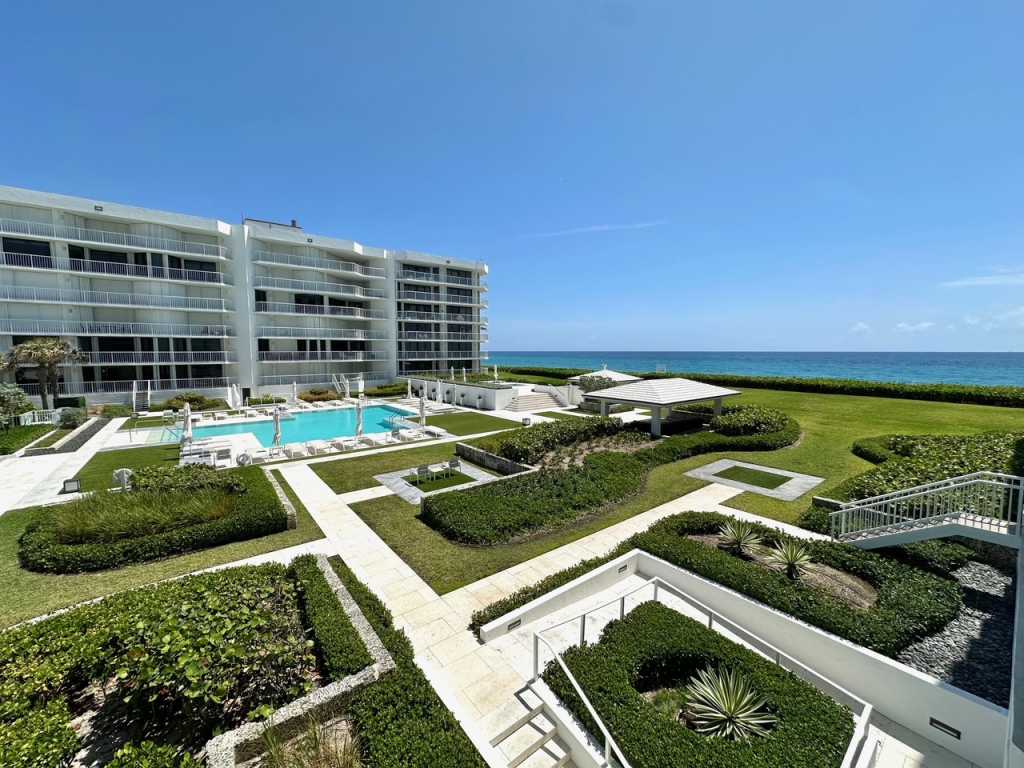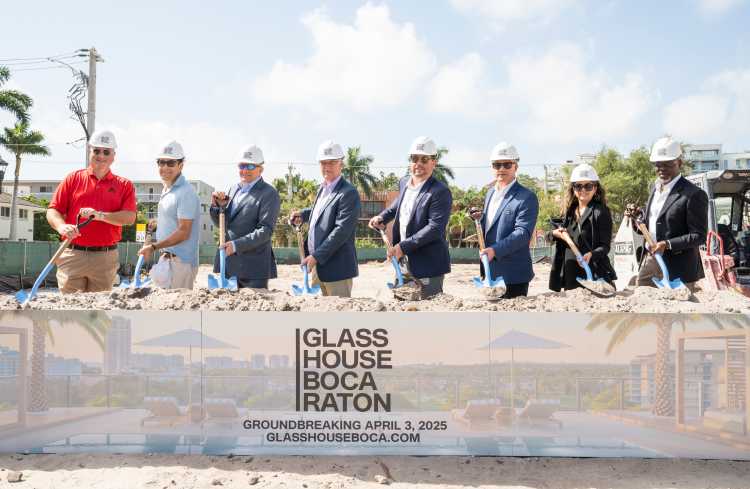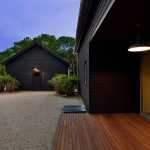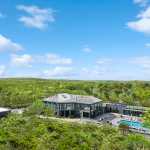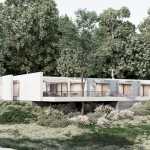A new Florida law requires condos and co-ops to do special inspections, set aside funds for upcoming work and do a wide range of repairs expeditiously, sometimes adding significant expense to managing the structures.
The law, designed to further assure structural integrity, is a reaction to the 2021 collapse of the Surfside condominiums in North Miami that killed 98. It seeks to more vigorously prevent unsafe conditions, even if it can impose costs through “special assessments.”
The rules apply to buildings at least three stories, 25 years or older, three miles or less from the coastline, and to those at least 30 years old further away.
“Most buildings voted down fully funded reserves,” says Horst Hohl, a broker associate and global real estate advisor at Sotheby’s International Realty in Palm Beach Gardens. “Now you have to fully fund. You have to do a reserve study.”
The rules apply to both cooperatives and condominiums, which can be priced at drastically different numbers elsewhere, but Hohl said aren’t as distant in terms of cost in Florida.
“The co-ops caught up on price. It’s about the location,” he says. “There’s no room to build more buildings.”
The regulations mandate “milestone” structural inspections by licensed engineers or architects and structural integrity reserve studies, identifying funding needed for future repairs.
If inspections detect “substantial deterioration,” a second inspection must be done with repairs scheduled or done within a year.
In the past, reserves were typically set aside for roofs, pavements, paint and projects costing $10,000 or more. But associations could waive or underfund reserves that now must be fully funded. This could apply to things such as elevators, roofs, windows, concrete, compressors and piping. Special assessment sizes depend on the size of the unit and the work that needs to be done.
Some buildings, such as The Enclave, on South Ocean Boulevard, in Palm Beach, are well managed with work already done and funds already set aside. “This building was always managed right and built reserves and passed all inspections,” Hohl says. “They didn’t have problems with inspections. They did restoration, they funded reserves. If you do everything right, there’s no problem.”
Kimberly L. Fishman, general manager of The Enclave of Palm Beach Condominium Association, said The Enclave is in robust financial shape.
“The Enclave of Palm Beach Condominium Association — like many high-end properties in the area — has long been committed to preserving and enhancing property values well before the Surfside tragedy reshaped Florida’s building safety regulations,” she explains. “For those considering property in Palm Beach, two key factors should guide your decision: the financial strength of the association and the quality of its building renovations. The Enclave excels in both.”
The Enclave completed its traditional reserve study and newly mandated structural integrity reserve study, plus both reserve accounts are fully funded, “ensuring the long-term sustainability of the property and significantly reducing the likelihood of special assessments,” Fishman said.
In 2017, The Enclave’s board of directors and owners launched a five-year capital improvement plan to modernize and beautify the property, renovating the fitness center, updating the pool deck with a new spa and infinity pool, renovating the lobby, corridors and mezzanine, as well as upgrading to impact-resistant glass and restoring concrete.
“The board is already planning the next five-year capital improvement cycle, reflecting their ongoing commitment to excellence,” Fishman adds.
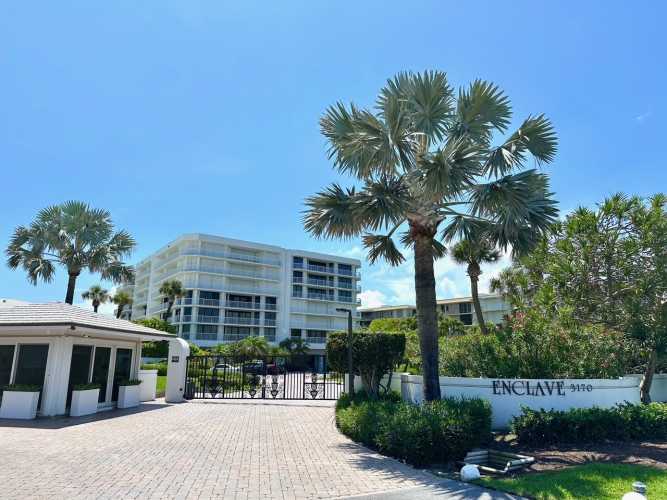
But Hohl says, if buildings put off or cut corners, they could face a sudden need for funds to comply. “Whatever you didn’t do before in maintenance will catch up with you now,” Hohl says. “A lot of buildings never maintained it, but it’s catching up with them now.”
Money must be used for items identified in the study, which buyers can inspect.
“Before, funds collected for a new parking lot could be used to put in a new elevator and roofing,“ Hohl says. “You have to name every line item and collect reserves.”
Buyers should investigate association reserves, Hohl adds. And owners must give prospective buyers copies of milestone inspection reports and structural integrity reserve studies.
All of this is a significant change for Florida with its large number of retirement condos at or near the waterfront, where salty air can further deteriorate structures.
“All these buildings on the ocean or three miles to the ocean have harsh weather. It’s hot and humid, which is tough for concrete,” says Hohl. “If you don’t maintain the building properly, the salty air, sand and wind deteriorate the concrete. “
He believes most buildings in the Palm Beach area are keeping up with demand for repairs and doing work as needed. “A lot of buildings took care of things. A handful of buildings, probably, you can be concerned with,” he says. “Most are up to speed.”
Hohl adds that in some cases, Florida residents with fixed incomes didn’t want to spend money to repair concrete and rebar in buildings where they would spend the winter. Maintenance meant repainting, potentially creating dangerous conditions.

“Most people buying in Palm Beach for the last four years don’t have a problem with the extra cost. They want a lifestyle on the beach,” Hohl says. “For the older guard who still owns property, or people who own property here and inherit, it can be difficult.”
Hohl believes the new rules may have a bigger impact on Broward County, where it’s possible to get cheaper condos. “They’re not on the water, but they’re close enough to the water, so they have to do inspections,” he explains, noting a $75,000 assessment on a $200,000 condo is significant. “People could default on their loans. This is a problem, absolutely.”
This change also brings disclosure requirements regarding work, assessments and funds at buildings. “When I have a seller who wants to sell the unit, when the buyer comes in, I have to give them all the information,” Hohl says.
Well-run buildings typically have staff to keep things going smoothly. The Enclave, for instance, has a full-time general manager and executive assistant onsite, around-the-clock gated access and security control, daily concierge services and a team of 20 professionals across maintenance, housekeeping, and concierge services
Fishman said The Enclave offers “proactive financial planning, luxurious renovations, and hands-on professional management,” keeping it well ahead of mandates. “It offers not only a prestigious address but peace of mind and long-term investment security for discerning buyers,” she said.
Hohl believes regulations may help better prepare buildings for the future, providing residents and buyers with more assurance that buildings are in good shape, meeting maintenance needs.
“I think it is a much safer deal for everybody,” Hohl says. “It costs money, but it’s a big safety concern. It’s moving in the right direction. It makes it so much safer for a buyer to come in and for a seller. Everything is clear from the beginning.”
Email tvecsey@danspapers.com with further comments, questions or tips. Follow Behind The Hedges on X and Instagram.

